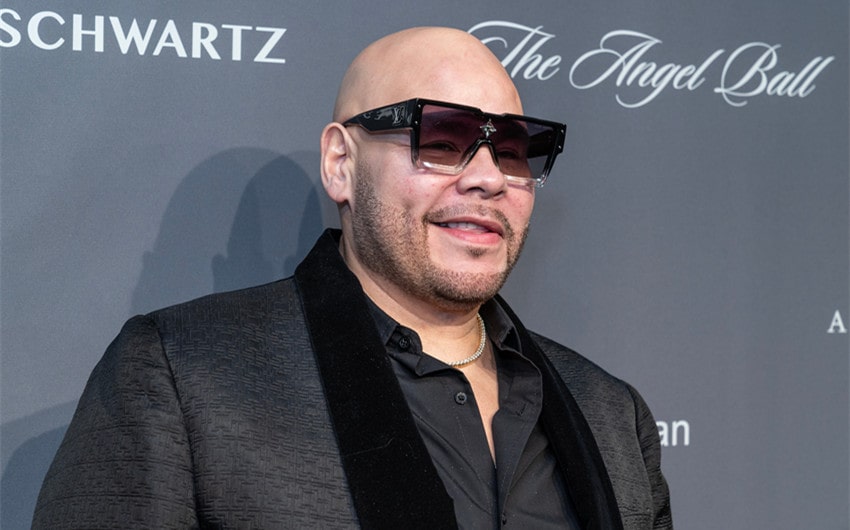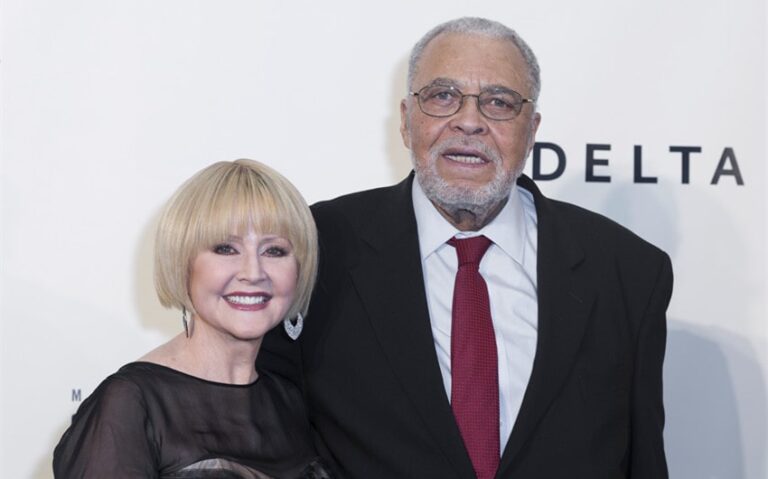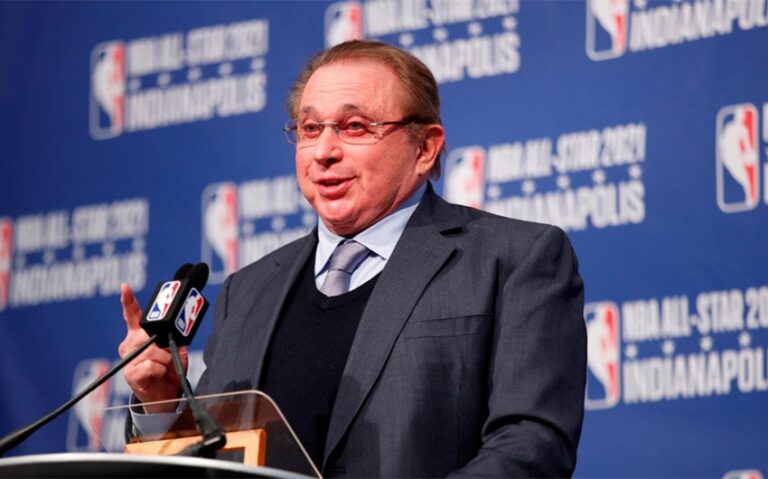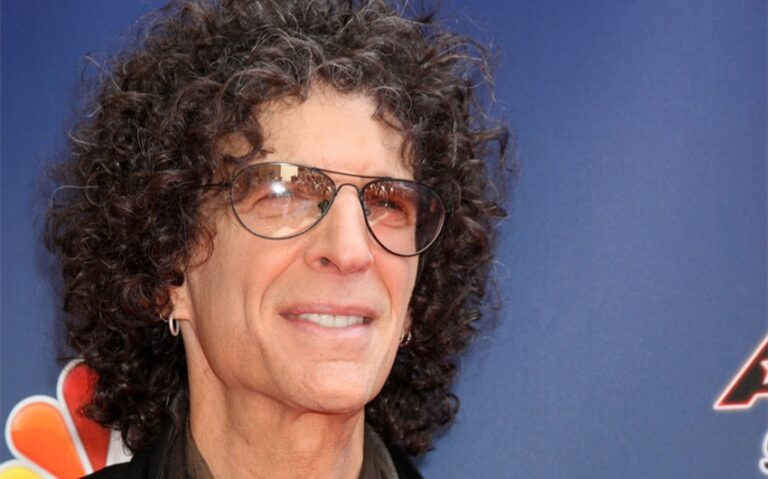Fat Joe’s Net Worth in 2025: Music, Business, and Financial Journey
If you’ve ever wondered what is Fat Joe’s net worth, you’re not alone. The Bronx-born rapper has been a fixture in hip-hop for more than three decades, and people are curious about how much wealth he has built along the way. As of 2025, most reliable estimates place Fat Joe’s net worth at around $4 million, though some sources suggest higher figures depending on how they calculate his assets and business ventures. His fortune has been shaped by hit records, live performances, entrepreneurial ventures, and investments, as well as setbacks that remind us that success in music doesn’t always mean limitless wealth.
Who Is Fat Joe?
Joseph Antonio Cartagena, better known as Fat Joe, was born on August 19, 1970, in the South Bronx, New York. Growing up in one of hip-hop’s birthplaces, he became involved in music at a young age. His career started in the early 1990s when he joined the hip-hop collective Diggin’ in the Crates Crew (D.I.T.C.), which gave him his first taste of industry exposure. Soon after, he launched a solo career that gained traction with his debut album Represent in 1993.
Fat Joe’s breakthrough moment came with the 2004 hit “Lean Back”, performed with Terror Squad, which became a defining anthem of the era. Over the years, he’s collaborated with some of the biggest names in the industry, including Big Pun, Ashanti, Ja Rule, Remy Ma, and DJ Khaled. His ability to reinvent himself and remain relevant through shifting trends has helped him sustain a career that spans well beyond the average rapper’s shelf life.
Music Career and Its Earnings
Music has been the foundation of Fat Joe’s wealth. He has released over ten studio albums, with notable projects like Jealous Ones Still Envy (J.O.S.E.) becoming commercial successes. Hits like “What’s Luv?” featuring Ashanti and Ja Rule added to his mainstream recognition, generating millions in sales and streams.
Even though physical album sales aren’t what they used to be, streaming royalties have given his catalog a second life. Songs like “Lean Back” and “All the Way Up” still rack up millions of streams each year, providing a steady flow of royalty income. Collaborations with DJ Khaled and other contemporary stars have also kept him connected to younger audiences, which helps sustain his relevance and streaming value.
Touring and live shows have also been significant. While Fat Joe may not tour on the same scale as the biggest current artists, his name recognition ensures consistent demand for concerts, festivals, and hip-hop nostalgia tours. Ticket sales, merchandise, and performance fees all contribute to his bottom line when he’s active on the road.
Business Ventures and Entrepreneurship
Like many rappers who transition into business, Fat Joe has used his fame to build entrepreneurial ventures. One of his most prominent projects is UP NYC, a sneaker and apparel store he launched in New York. The store taps into sneaker culture, which aligns well with hip-hop fashion and lifestyle, making it a natural extension of his brand.
He also founded Terror Squad Entertainment, a record label that has signed artists and released music under his guidance. While not on the scale of Jay-Z’s Roc Nation or Diddy’s Bad Boy Records, Terror Squad helped establish artists like Remy Ma and contributed to his role as a tastemaker in hip-hop.
Beyond music and fashion, Fat Joe has invested in real estate and pursued smaller ventures in retail and entertainment. These businesses don’t always get as much publicity as his music, but they form an important part of his net worth by giving him income outside the unpredictable world of record sales.
Estimated Net Worth in 2025
So, what is Fat Joe’s net worth today? Most sources converge around $4 million as of 2025. Some estimates put him closer to $5–6 million, while others stick with the more conservative $4 million figure. The difference depends on how people value his businesses, properties, and ongoing royalties.
Here’s what makes up the bulk of that estimate:
-
Music royalties from decades of albums and singles still in rotation.
-
Touring and appearances, which bring in lump sums when he performs.
-
UP NYC and Terror Squad Entertainment, which provide business income and brand value.
-
Real estate holdings, which add to his overall wealth.
Compared to hip-hop moguls like Jay-Z or Dr. Dre, Fat Joe’s fortune may look modest, but his story highlights the challenges of sustaining wealth over decades in an industry that often burns artists out quickly.
Assets and Lifestyle
Fat Joe has made his success visible with the lifestyle associated with hip-hop. He’s known for his love of cars, jewelry, and fashion. Over the years, he has been seen sporting luxury brands, driving expensive cars, and showcasing diamond-encrusted chains that fit the image of a rap star.
But beyond flashy purchases, he has also invested in real estate. Reports suggest he has owned multiple properties, including homes in Florida and New Jersey, and possibly other investments in urban real estate. Property investments tend to hold and grow value, offering him stability beyond entertainment.
He balances this with his businesses, which also serve as long-term assets. Owning physical stores, unlike fleeting endorsement deals, gives him tangible value that can be passed down or sold.
Financial Challenges and Comebacks
Fat Joe’s financial journey hasn’t always been smooth. In 2013, he was sentenced to prison for failing to pay more than $1 million in income taxes. This setback not only cost him financially but also impacted his reputation for a time. Legal fees, fines, and back taxes all take a toll on net worth, and this incident likely reduced his fortune significantly.
Despite this, Fat Joe managed to bounce back. By continuing to release music, staying active in business, and maintaining his presence in hip-hop culture, he rebuilt his financial footing. His resilience shows how setbacks don’t have to end a career if you adapt and keep working.
Lessons From Fat Joe’s Journey
Fat Joe’s financial story offers lessons for anyone, not just aspiring rappers.
-
Diversify income streams: Don’t rely on one career path. His businesses keep money flowing even when music slows down.
-
Invest in assets: Real estate and physical businesses provide stability.
-
Be resilient: Even after financial and legal trouble, he rebuilt his career.
-
Stay relevant: Collaborations with new artists and media appearances help keep his brand strong.







